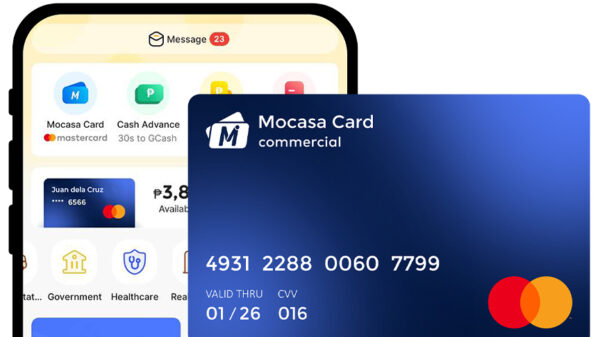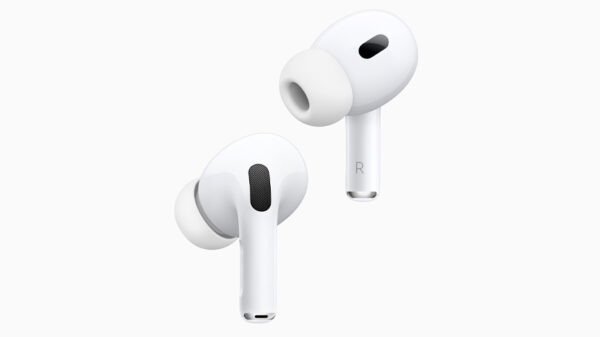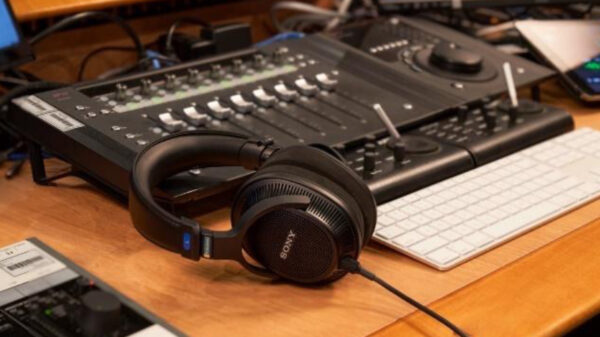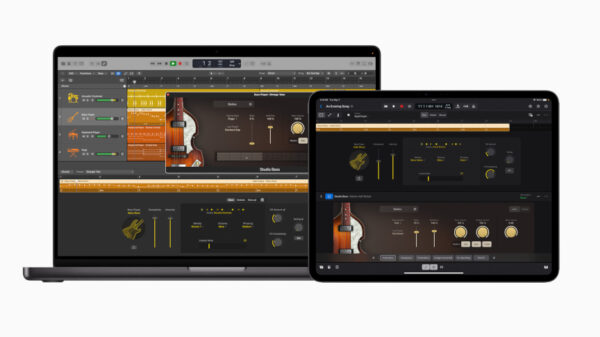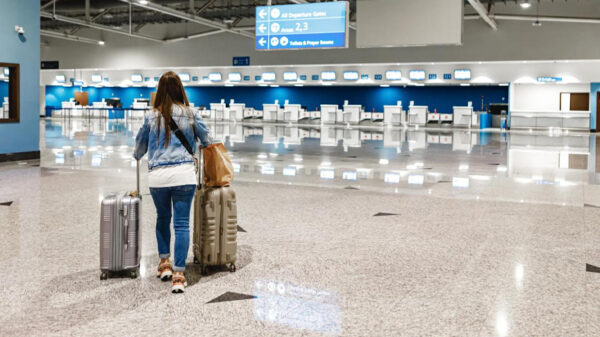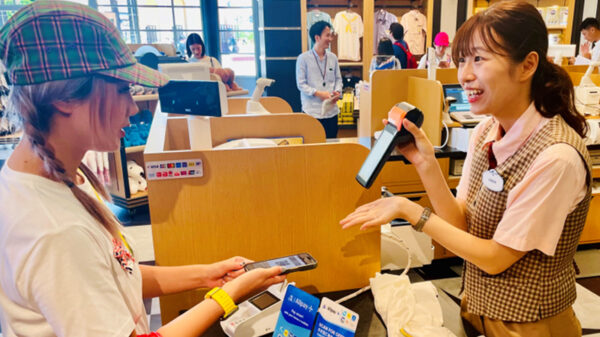A new report announced that TikTok is set to introduce a one-hour a day limit feature for young people, in an effort to improve their wellbeing.
This means that any user who is under the age of 18 will not be able to access the app for more than 60 minutes a day, unless they enter a passcode and make an ‘active decision’ to extend that amount of time.
So what is it that makes TikTok so addictive for young people?
As with other social media platforms, like Instagram and Facebook, TikTok’s algorithm selects content suitable for users which coincides with their viewing habits. For certain individuals, this feature makes the site highly addictive and potentially dangerous.
The team of addiction specialists at Private Rehab Clinic, Delamere, have shared their insight on why TikTok is so addictive and how to recognise when your usage develops into addiction and tips on how to curb your TikTok addiction.
How TikTok algorithm is designed to make users addicted
Since launching back in 2016, TikTok has gained more than 1 billion monthly active users and has emerged as one of the most popular social media platforms in the world. The key to its success is the endless cycle of short-form videos, which last for around 15-60 seconds.
The content on TikTok is completely targeted towards each individual. Likes, comments, watch time and shares all feed into a recommendation algorithm, which then evaluates how suitable a video is for each user and reflects the user’s interests, in turn causing them to stay on the app for a longer period of time. The process offers an endless thread of on-trend content to watch and fuels the highly addictive nature of the app.
TikTok creates a ‘For You’ page which reflects preferences unique to each user, creating a personal link between viewers and the app. This differs from other social media platforms, like Instagram, Twitter and Facebook, as it builds an emotional connection between users, this being another feature that increases the usability and appeal of the app.
The ‘For You’ page is designed for you to scroll through an endless amount of targeted videos. There is no waiting time in between each video, all users need to do is swipe to watch the next one. And that can be seriously addictive and contributes to the number of time users spend on the app. This is a contrast from the social media platform, YouTube, where users only watch a short amount of videos that are often longer in duration and contain advertisements.
Another aspect of TikTok that makes the app addictive is the use of short videos. The social media platform allows its users to both create and watch short video content, that is primarily 15 seconds in length. People crave micro-entertainment and short bursts of video distraction, this is one of the main reasons for the app’s popularity. Content is short, fun and on-trend.
How to curb your TikTok Addiction
- Your social media platforms cause extreme negative emotions
It’s natural to get a dopamine kick from likes and comments on your photos. However, constantly refreshing your feed to track likes by the minute or getting real pleasure from online attention may be a cause for concern. If you find yourself acting this way every time you post a photo, it’s time to turn that phone off and focus your mind elsewhere..
- Social media is taking over your life
If you find that using social media is interfering with your life, such as your work or education, it’s time to do a digital detox. Similarly, if you are starting to feel guilty about how long you have been spending online or notice it is causing you to become socially isolated, this is a clear indication that you need to make some changes.
- You are unable to keep to your schedules
Following the above, if you find you’re procrastinating or struggling to keep up with appointments and schedules due to social media usage, this is an indicator that you’ve lost sight of your priorities as the urge to go online has overtaken them.
- You are suffering from physical aches and pains
The recent tics surge is just one example of social media addiction having physical effects on the body. As well as this, extensive social media usage can lead to problems such as neck ache, back pain, headaches and carpal tunnel syndrome. It can also lead to issues with your vision or insomnia. With any kind of addiction, it can cause people to neglect their personal hygiene or diet too.
- Your finances are being impacted
While many social media platforms are free, they can still be an expensive habit. As social platforms are full of swipe ups, sponsored posts and ads, they can quickly make an impact on your bank balance. If you are finding it difficult to resist online ads or find yourself making excessive purchases, this is a sign you should limit your usage.
Martin Preston adds: “Just because internet addiction does not involve a substance as such does not make it any less damaging. Cognitive behavioural therapies combined with other evidence-based therapies to treat the underlying causes of the problem often prove to be the most successful in terms of internet addiction treatment.”
- Lack of sleep
Whether it’s checking your work messages right before bed or surfing TikTok as soon as you wake up, social media addiction not only affects your ability to get to sleep but also impairs the quality of your sleep.
- Loneliness and insecurity
Some people rely very heavily on their phones to overcome feelings of loneliness and depression when actually the pressures of social media or misreading text messages can make these emotions worse.
- Becoming self-absorbed
As well as putting a physical barrier between yourself and whoever you’re with, an obsession with wanting to compulsively check social media, sharing pictures of food, holidays and yourself, can mean you become more connected with your online world than the real one.

